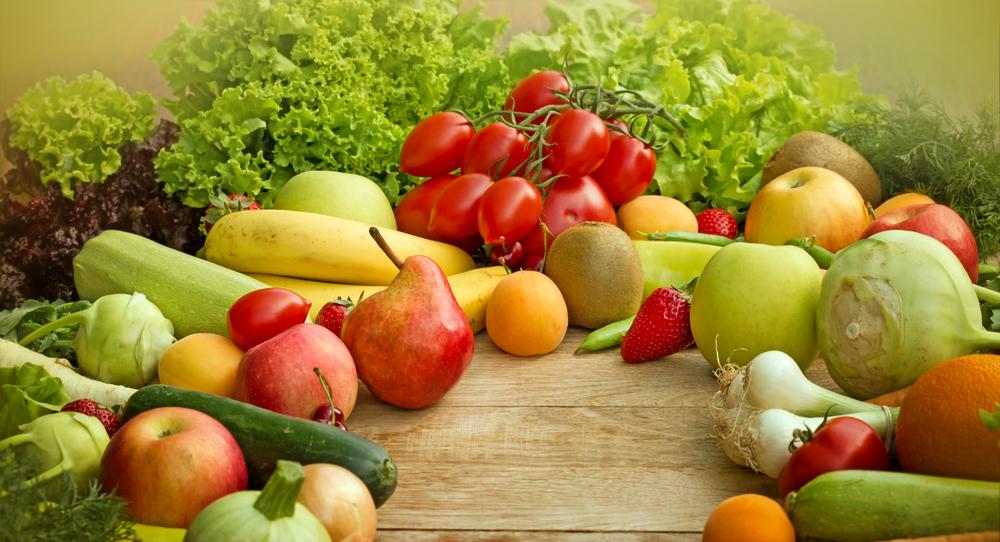
Dietary tips for those with severe asthma
Studies have observed that an increased consumption of processed foods and the lack of sufficient fruits and vegetables in the diet could one of the triggers aggravating the symptoms of severe asthma. Although there are no specific dietary recommendations for asthma, a diet rich in essential nutrients can help in alleviating and avoiding serious symptoms.
Here are a few dietary tips for those undergoing treatment for severe asthma.
Best foods for severe asthma treatment
It has been observed that a diet rich in vitamins C and E, flavonoids, magnesium, selenium, beta-carotene, and omega-3 fatty acids can help to lower the risk of asthma. Foods rich in these nutrients can help to lower inflammation, protect cells from damage, and strengthen the immune system.
These are some of the best foods for those undergoing treatment for severe asthma.
- Carrots
- Apples
- Cantaloupe
- Avocado
- Berries
- Spinach
- Pumpkin seeds
- Pomegranates
- Tomatoes
- Kale
- Banana
- Sweet potatoes
- Broccoli
- Eggs
- Milk
- Salmon
- Fortified orange juice
- Swiss chard
- Dark chocolate
According to research, nearly 70% of people suffering from asthma may also have GERD (Gastroesophageal Reflux Disorder). This makes the condition more difficult to manage due to additional dietary restrictions caused by GERD. Apart from medications, an effective way to alleviate the symptoms of GERD is by maintaining a healthy weight. This will lower the strain on the stomach and lungs. Additionally, it will strengthen the immune system. It is recommended to follow a low-calorie diet and have a daily exercise routine in such cases to avoid asthma episodes. Also, it will be helpful to moderate the consumption of caffeine and if possible, avoid alcohol completely.
Foods to avoid as part of severe asthma treatment
There have been very few cases where foods trigger an asthma attack. However, if a person undergoing treatment for severe asthma has any allergy or intolerance to certain foods, they should be careful about what they eat. Foods such as eggs, fish, milk, tree nuts, wheat, soy, shellfish, and peanuts are common causes of allergies that can trigger a serious episode of asthma.
Similarly, it is recommended to avoid processed foods that contain preservatives such as sulfites. These are usually found in wine, dried fruits, bottled lemon and lime juice, shrimp, and maraschino cherries. Preservatives are used by manufacturers to keep away mold but the sulfur dioxide in the sulfites may irritate the lungs, triggering asthma. Also, processed foods containing omega-6 and trans fats should be avoided as they could aggravate the symptoms of asthma.
Before making any significant changes to the diet or starting any exercise routine, it is advisable to consult a pulmonologist, especially if there is any other preexisting health condition or allergy.


